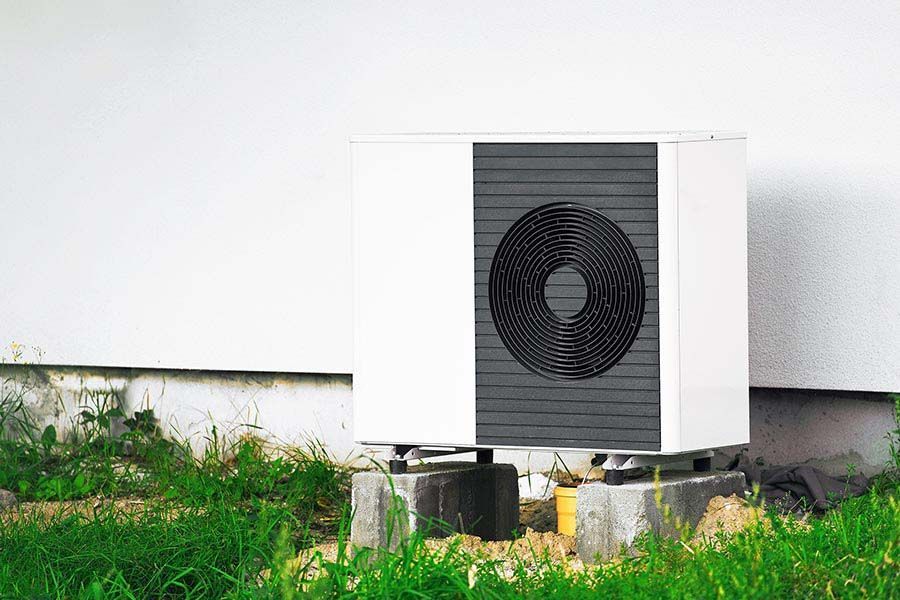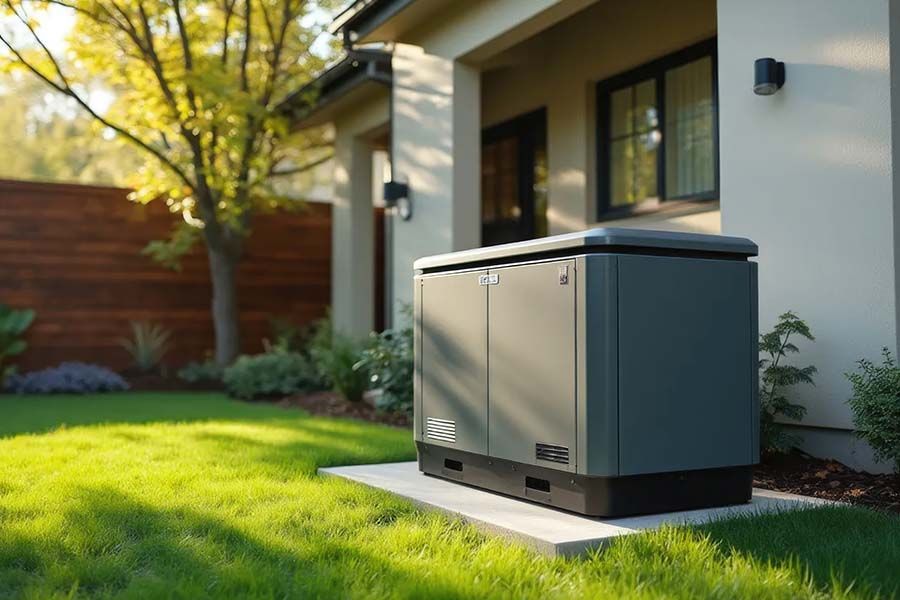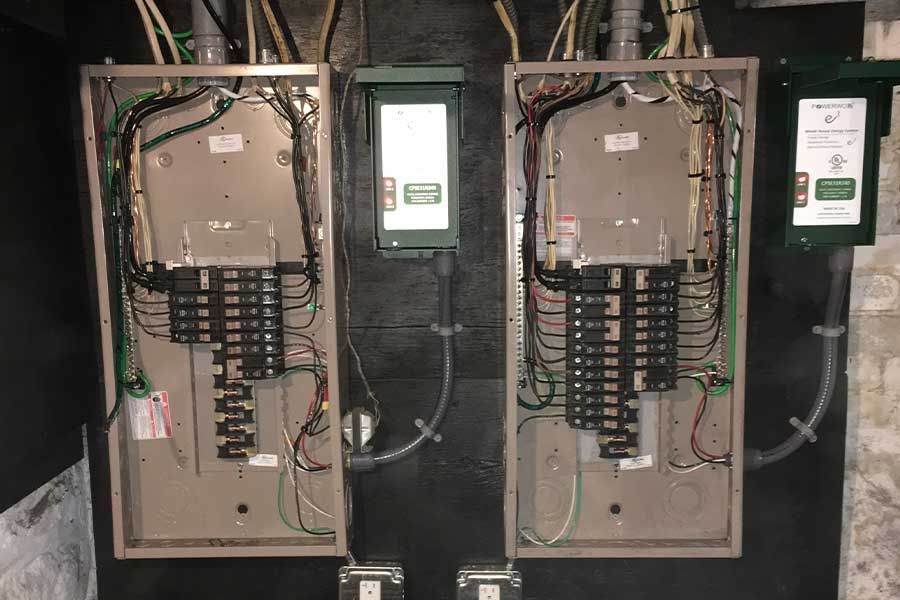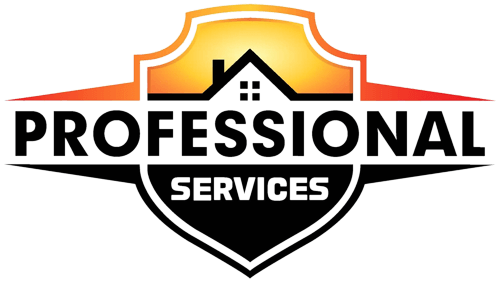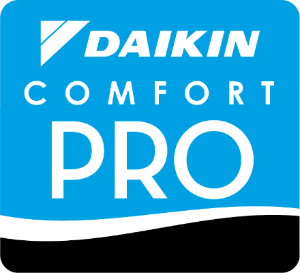9 Common Commercial AC Issues and Their Solutions
You might not realize it, but strange noises from your commercial AC unit could indicate serious underlying problems. Whether it’s an unusual banging, clicking, or buzzing sound, these noises often signal issues that, if left unaddressed, can lead to costly repairs or even system failure. Understanding the common culprits behind these sounds and how to address them can save you time and money. Moreover, poor airflow and inconsistent temperatures are other frequent issues that can disrupt your business operations. Let’s investigate these problems and find practical solutions to keep your commercial space comfortable and efficient.
Strange Noises
If your commercial AC unit is making strange noises, addressing the issue promptly is important to prevent further damage. Unusual sounds often indicate problems like loose components or motor issues. Ignoring these noises can lead to more significant repairs and potentially costly downtime.
Start by listening closely to identify the type of noise. A rattling sound might suggest loose components, such as screws or panels, which can be tightened easily with basic tools. On the other hand, a grinding or squealing noise could point to motor issues. The motor may need lubrication or, in more severe cases, replacement. Regular maintenance can help catch these problems early, ensuring your system runs smoothly.
Inspect the unit for any visible signs of wear or damage. If you’re uncomfortable doing this yourself, consider hiring a professional technician. They can thoroughly check, tighten loose parts, and address motor issues efficiently.
Don’t delay in addressing these noises. Quick action can prevent minor issues from escalating into major repairs, keeping your commercial AC unit running efficiently and saving you money in the long run.
Poor Airflow
After addressing strange noises, poor airflow is another common issue with commercial AC units. You might notice that your space isn’t cooling evenly or feels stuffy. One of the primary reasons for poor airflow is blocked vents. Air can't circulate properly when furniture, boxes, or other items obstruct vents. Make sure to keep vents clear and unobstructed to allow for efficient airflow.
Another common culprit is dirty filters. Over time, filters accumulate dust and debris, which restricts air movement. It’s important to check and replace filters regularly. Depending on the environment and usage, this might be needed as often as every month or two. Clean filters ensure air passes through the system without unnecessary resistance, maintaining good airflow.
Additionally, inspect the ductwork for any signs of damage or leaks. Leaky ducts can cause air to escape before reaching your intended spaces, reducing overall airflow. Ensuring ducts are sealed and in good condition will help maintain proper air distribution.
Inconsistent Temperatures
Inconsistent temperatures in your commercial space can be frustrating and disruptive to daily operations. Some rooms are too hot while others are too cold. This imbalance often stems from duct obstructions or zoning issues within your HVAC system.
First, check for duct obstructions. Dust, debris, and pests can block airflow, causing uneven temperatures. Inspect the ducts regularly and clear any blockages. If the problem persists, consider hiring a professional to clean the entire duct system. Clean ducts guarantee air flows freely and uniformly throughout your building.
Next, consider zoning issues. A single thermostat might not effectively manage the temperature across a large commercial space. Installing a zoning system allows you to control different areas independently. Each zone has its thermostat, so you can tailor the heating and cooling to match the specific needs of each area. This resolves the issue of inconsistent temperatures and enhances energy efficiency.
Frequent Cycling
Another common issue with commercial AC systems is frequent cycling, where the system turns on and off too often. This can lead to higher energy bills, increased wear and tear, and reduced comfort levels in your building. Several factors can cause frequent cycling, and understanding them can help you address the problem effectively.
- Dirty filters: When filters are clogged with dirt and debris, airflow is restricted, causing the system to overheat and cycle more frequently. Regularly cleaning or replacing filters can prevent this issue.
- Thermostat problems: A malfunctioning or improperly placed thermostat can result in inaccurate temperature readings, leading to the system cycling on and off unnecessarily. Make sure your thermostat is functioning correctly and placed away from heat sources.
- Electrical issues: Faulty wiring or other electrical problems can cause the AC system to short cycle. It’s important to have a professional inspect and repair any electrical issues.
- Oversized unit: If your AC system is too large for your building, it can cool the space too quickly and shut off, only to turn on again shortly after. Consult with an HVAC expert to determine the right size for your needs.
Water Leaks
Water leaks in commercial AC systems can lead to significant damage and costly repairs if not addressed promptly. One of the main causes of water leaks is a clogged drain. When the drain line becomes blocked, water can’t flow out properly, leading to overflow and leaks. You should check the drain line regularly to ensure it’s debris-free. If you notice water pooling around the AC unit, it’s a sign that the drain might be clogged.
Condensation buildup is another common issue that can cause water leaks. As the AC cools the air, moisture is removed and collected in a drip pan. If the drip pan is damaged or misaligned, or if there’s too much condensation for the pan to handle, water can leak out. Inspect the drip pan periodically and replace it if necessary.
To prevent these issues, perform regular maintenance on your commercial AC system. Clean or replace air filters to maintain proper airflow, which helps reduce excess condensation. Monitoring and maintaining these components can save you from expensive repairs and extensive water damage. If you’re unsure about performing maintenance, consider hiring a professional to inspect and service your AC system regularly.
Thermostat Malfunctions
Water leaks can disrupt your commercial AC system, and thermostat malfunctions can lead to inefficient cooling and increased energy costs. A malfunctioning thermostat can cause your system to overwork, leading to higher bills and an uncomfortable environment.
Common thermostat issues include:
- Correct calibration: If your thermostat isn’t calibrated correctly, it might read the wrong temperature, causing your AC to run longer or shorter.
- Wiring issues: Loose or damaged wires can prevent the thermostat from communicating effectively with your AC unit, resulting in erratic performance.
- Dead batteries: Sometimes, the fix is as simple as replacing dead batteries. If your thermostat screen is blank, this could be the issue.
- Placement problems: If your thermostat is placed in direct sunlight or near other heat sources, it can give false readings, making your AC work harder than necessary.
To address these issues, check the thermostat’s calibration and ensure it reads the correct temperature. Inspect the wiring for any visible damage or loose connections. Replace the batteries if needed, and ensure the thermostat is placed in a suitable location away from direct heat sources. By addressing these problems, you can maintain efficient cooling and avoid unnecessary energy costs.
Foul Odors
Detecting foul odors from your commercial AC system can indicate underlying issues that need immediate attention. One common cause of these unpleasant smells is dirty filters. When filters get clogged with dust and debris, they can hinder airflow and cause the system to work harder than necessary. This reduces efficiency and allows contaminants to circulate, leading to foul odors. Regularly replace or clean your filters according to the manufacturer’s guidelines to address this.
Another prevalent issue is mold growth. Mold thrives in damp and dark environments, and your AC system can provide the perfect conditions if not properly maintained. Mold spores can spread through the ducts and vents, causing a musty smell. To tackle this, inspect your AC components, including the evaporator coils and drip pans, for signs of mold. If you find any, clean them thoroughly with a solution specifically designed to kill mold. Furthermore, ensure that your system is effectively dehumidifying the air to prevent future growth.
Regular maintenance is key to keeping your commercial AC system running smoothly. By promptly addressing dirty filters and mold growth, you can eliminate foul odors and improve the overall air quality in your facility.
Refrigerant Leaks
While addressing foul odors is essential, it’s just as vital to be vigilant about refrigerant leaks in your commercial AC system. Refrigerant leaks can lead to many issues, including reduced cooling efficiency and increased energy consumption. When refrigerant levels drop, your system struggles to maintain the desired temperature, which can cause significant discomfort for everyone in the building.
Here are some common signs of refrigerant leaks:
- Hissing or Bubbling Sounds: These noises can indicate refrigerant escaping your system.
- Poor Cooling Performance: If certain areas aren’t cooling as they should, a refrigerant leak might be the culprit.
- Evaporator Freezing: Low refrigerant levels can cause the evaporator coil to freeze, leading to system inefficiency.
- Refrigerant Contamination: Leaks can introduce contaminants that degrade the refrigerant quality, further impairing the system’s performance.
To resolve refrigerant leaks, a professional technician must locate the source, repair any holes or cracks, and recharge the system with the appropriate amount of refrigerant. Regular maintenance can help identify leaks early and prevent problems like evaporator freezing and refrigerant contamination. By monitoring these signs and addressing them promptly, you’ll ensure your commercial AC system runs efficiently and effectively.
High Energy Bills
Are you noticing a sudden spike in your energy bills even with regular usage of your commercial AC system? If so, several factors might be contributing to this issue. First, check the insulation quality of your building. Poor insulation allows cold air to escape and hot air to enter, forcing your AC system to work harder, which increases energy consumption. Improving insulation can greatly reduce the load on your AC system.
Next, consider the state of your ductwork. Over time, dust and debris can accumulate, restricting airflow and making your system less efficient. Regular duct cleaning can help maintain proper airflow and reduce the energy required to cool your space. Also, ensure no leaks in your ducts, as these can cause cooled air to escape, leading to higher energy usage.
Conclusion
Addressing these common commercial AC issues will guarantee everyone a cool and comfortable environment. Picture clear vents, clean filters, and seamless airflow, all working together to keep your space at the perfect temperature. Regular maintenance and prompt solutions to problems like water leaks, thermostat malfunctions, and refrigerant issues will save you from headaches and high energy bills. Stay proactive and keep your commercial AC system running smoothly and efficiently year-round.
Frequently Asked Questions
You might also like
